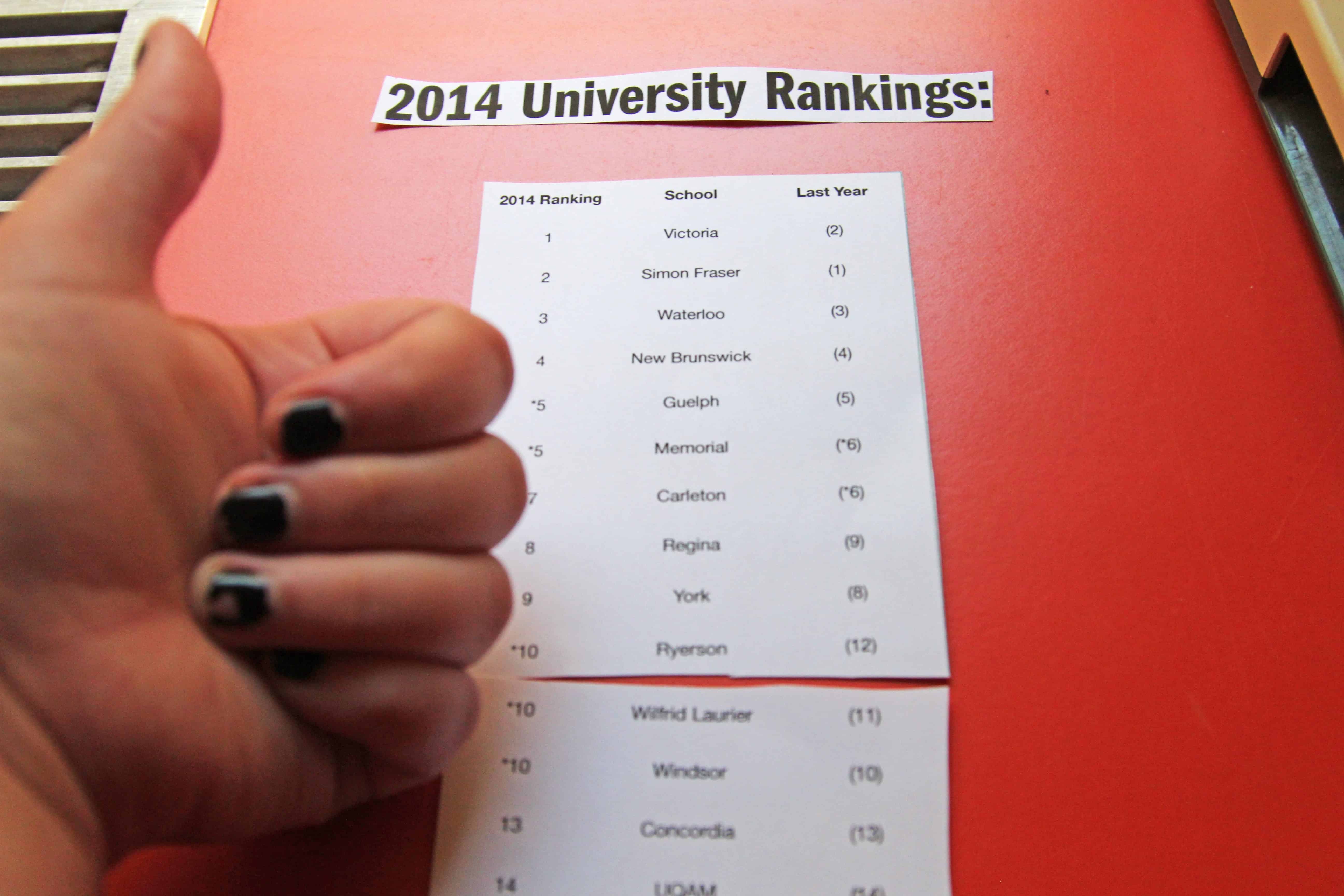Chileans vote for new constitution following protests

Pinochet-era constitution turfed
On October 25, a little more than a year after mass anti-government protests broke out in the Chilean capital of Santiago and quickly spread across the country, the Chilean people voted in favour of drafting a new constitution. The constitution that Chileans have today was written in 1980 by the government of dictator Auguste Pinochet, who seized power from democratically-elected president Salvador Allende in a U.S.-backed military coup in 1973. Dr. Miguel Sanchez, an associate professor in the Faculty of Social Work who came to Canada from Chile as a political refugee said that, through the mass protests and the plebiscite in which nearly 80 per cent of people voted for a new constitution, the Chilean people “have said ‘enough is enough.’” He said that the current constitution, which entrenches the neoliberal economic system that has led to widespread inequality in the country “is absolutely illegitimate. It was written under the power of the military might [of the junta]” and, not coincidentally, the things that Chileans need to live a dignified life “are stopped by the constitution.”
Chile is often held up as a model of success in Latin America, but the country has some of the highest levels of income inequality of any industrialized nation. A great deal of that inequality arises from the current constitution, which created the foundation for a hyper-capitalist market-based economy. The current minimum wage in Chile equals about $492 CAD per month. In a country where everything from education to healthcare to water to pensions are privatized, that money doesn’t go far. “You could only pay for your work deductions, like pensions, health coverage, et cetera, and to rent one room, and to pay transportation to and from work, and you will be able to buy one kilo of bread per day. That’s what minimum wage will cover for the people of Chile,” Sanchez said. Meanwhile, “One per cent of the richest people in Chile” – including billionaire president Sebastián Piñera, who amassed much of his wealth after introducing credit cards to the country – “own 21.4 per cent of the wealth.”
But while a new constitution is necessary, Sanchez warned against being overly optimistic about the potential for a new constitution to radically improve the lives of ordinary Chileans. “I don’t think that within the current parameters, this is going to be a constitution that reflects the interests of the working class people of Chile. It’s going to represent the interests of the oligarchy and big capital.” This is, in part, due to law 21200, which will ensure that although Chileans voted overwhelmingly for Congress to have no part in the writing of the new constitution, the constituents who are chosen to do so will be made up only of people from the political parties who have accepted the Pinochet constitution. “All of those young people who started those demonstrations are going to be left out of the process because of their age,” said Sanchez. “The political parties are in charge of drawing up the list for the constituent convention [and] in the end, it will be the political parties that write the new constitution.”
The current constitution has been in effect for forty years, and it has conferred enormous privileges on the political class, so it shouldn’t come as a surprise that Chile’s rulers will do everything in their power to prevent the kind of change that Chileans are seeking. “I think we need to be cautious,” Sanchez said. “One of the elements that makes me doubt the honesty of this proposal is that this was proposed by the current president and by an agreement by all the political parties who have always claimed that they could not improve the lives of the people because Pinochet’s constitution prevented them from doing it. All of these political parties have agreed to negotiate the administration of the capitalist state in Chile and to leave intact the neoliberal economic model imposed by Pinochet.”
Canada has had little to say about the results of the referendum. This country has enormous stakes in maintaining the status quo in Chile, even if that means the human rights of ordinary Chileans are violated on a routine basis. Canada is the third-largest foreign investor in Chile and Chile is the top destination for Canadian investment in Latin America. And more than 50 per cent of Chile’s mining industry is owned by Canadian corporations. “Canadian corporations can exploit Chile’s natural resources at a very low cost,” Sanchez said. “The Canadian government has shown a significant level of hypocrisy,” in their dealings with the country, he added. “And they have shown that for them, their concerns for human rights ends where multinational corporations’ interest begins.” Chile also purchases millions of dollars in armaments from Canada, keeping with Canada’s penchant for supplying nations known for human rights violations with the weaponry they use to exert control over the public. Sanchez said that Canada “has been allied to the worst human rights violators in Latin America without having any second thought.”
While Chile’s ruling class has agreed to a new constitution as a way of releasing some of the pressure that has been building among Chile’s working class, it’s unlikely that the Chilean people will settle for placation. “The people in Chile have achieved a significant degree of awareness,” Sanchez said. “People want to believe that this is going to change finally.” And if things don’t change, it is likely that the people of Chile will return to the streets. While Sanchez said the 2019 protests were “spontaneous in the way they came up,” he also said that “there’s a huge basis for why they happened.” If those base problems remain following the rewriting of the constitution, so too, will the Chilean people’s resistance to the political class.








